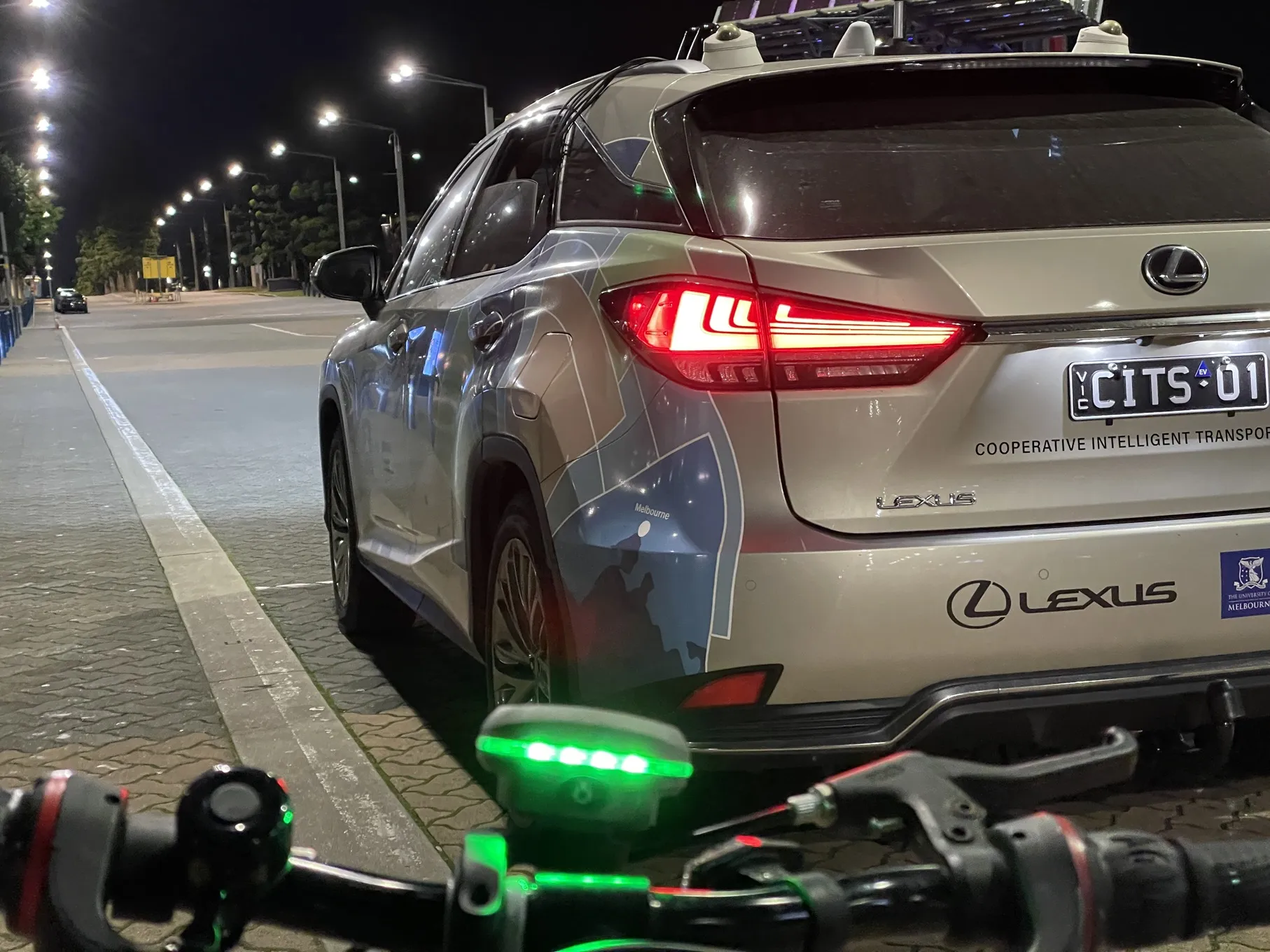The 2017 Ministerial Declaration of Governance of Transport, agreed on 1 June at the Summit in Germany, states, “Transport governance should consider the ambitious goals set [by] the Paris Climate Agreement and the UN Sustainable Development Goals. Successful implementation of these agreements calls for significant changes to transport systems, technologies and to the overall governance of the sector.
In their joint declaration, Ministers recognise that regulatory and fiscal frameworks may require adjustment to promote innovative mobility solutions and call for responsive regulation to foster innovation.
Specifically, Ministers express their will to create a sound framework for open mobility data and support new approaches to collaboration between the private and public sectors to share data. They welcome initiatives to make all non-personal transport data collected by governments openly available and encourage transport companies to make their data available in open standard formats. Ministers will also promote measures to ensure cyber security and data protection in transport.
Taking note of on-going urbanisation, Ministers encourage cooperation among all levels of authority to ensure that transport systems in urban areas provide inclusive access to services and sustainable mobility solutions for their rapidly expanding populations. Specifically, they call for better coordination of transport, land use and fiscal policies.
Ministers call for improved governance for transport
Transport Ministers from the 57 member countries of the International Transport Forum have expressed their political will to improve the governance frameworks for transport in order to help achieve objectives agreed by the international community.
June 2, 2017
Read time: 2 mins
Transport Ministers from the 57 member countries of the 998 International Transport Forum have expressed their political will to improve the governance frameworks for transport in order to help achieve objectives agreed by the international community.










